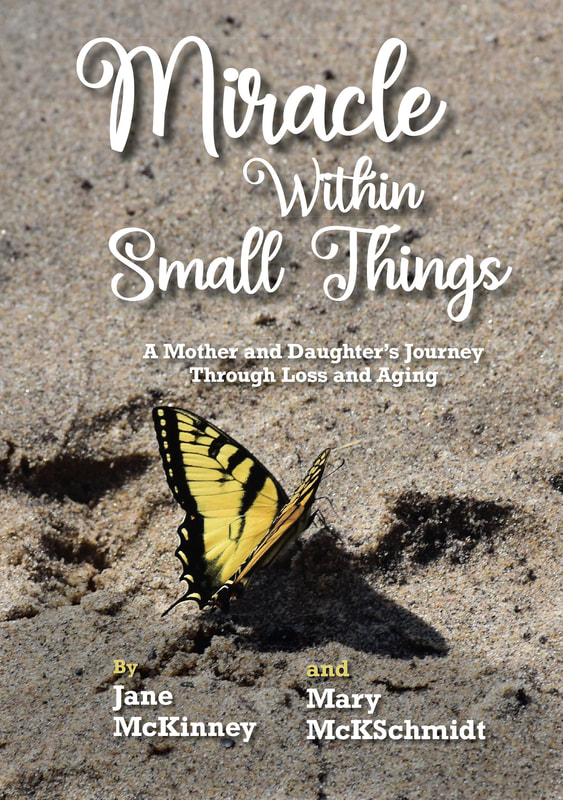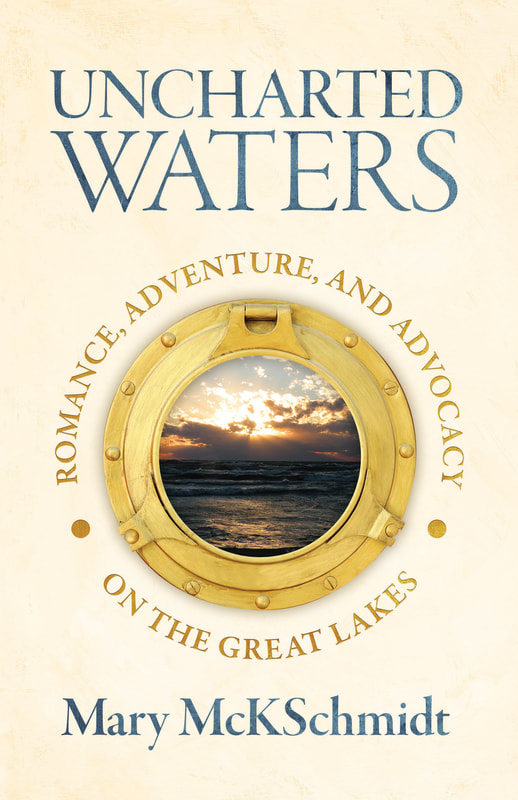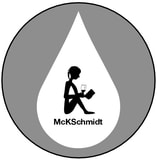In a 2009 study conducted by the BoatU.S. Foundation, four criteria were used to evaluate twenty boat soaps and cleaners: toxicity, biodegradability, effectiveness, and price.* Effectiveness and pricing are fairly straightforward. But how does the average boater determine whether cleaners rinsed into our water are poisoning living organisms or taking months—even years—to break down into harmless components? Until there is greater transparency, we can’t. According to the report, even those marketed as “environmentally-friendly” may or may not mean nontoxic and biodegradable. Surprisingly, several of the “green” cleaners proved among the most harmful when subjected to laboratory testing. And while the Federal Trade Commission updated “Green Guidelines” in 2012 to minimize false claims in the marketplace, BoatU.S. Foundation Vice President Susan Shingledecker still urges caution. “Most of the guidelines are geared towards products rinsed down the drain and treated in sewage treatment facilities before they end up in our water,” she said. “That’s not the case when it is sprayed directly on the boat or even diluted in a bucket of water and rinsed off. The best bet is to make behavioral changes so you don’t need the intense cleaners.” She suggested washing boats more frequently so dirt doesn’t accumulate; not exceeding manufacturer’s dilution recommendations; and using milder, environmentally friendly soaps to minimize the use of heavy-duty cleaners. “But if you must use a strong cleaning agent,” Ms. Shingledecker added, “wipe it off with a cloth rather than rinsing it into the lake.” With the exception of Soft Scrub with Bleach, (“poor” in toxicity, “fair in biodegradability—but “excellent” in performance and low in price—i.e. my husband’s favorite product), none of the products tested are among those amassed in our boat’s back lazarette. Would BoatU.S. Foundation leaders consider updating the study given the number of new products on the market and the revised FTC guidelines? “We regularly test products that help keep our waterways clean and our boaters safe,” Ms. Shingledecker said. “The 2009 study was one of our most popular. It probably makes sense to take another look.” In the meantime, I’m asking my Congressman, and those seeking to replace him in the fall, why we can’t have transparency on labels when products flow unencumbered into our sources of fresh water. I urge you to do the same. (To see the best and worst boat cleaners, click on: http://www.boatus.org.) * Thanks to the secondary research conducted by Hope College student Cody Berkobien, I was introduced to the research arm of the BoatU.S. Foundation.
5 Comments
Mary Ellen Miller
8/15/2016 09:53:24 am
Another useful and helpful blog entry. Thanks, Mary!
Reply
8/15/2016 10:41:03 am
Mary, with all the boats in lakes, rivers and in the oceans, you'd think these studies would have been done long ago. They certainly should have been.
Reply
Eric Stemle
8/15/2016 11:55:27 am
With the nation now aware of Michigan water, at least Flint's, this seems a perfect time to push for studies and for legislation, Mary. As Emilie suggests, there is no shortage of boats and therefore cleaning agents affecting the lakes--now it's a matter of educating boaters as well as legislators. We may not influence all users to be wise in their cleaning, but if we combine that effort with regulatory wisdom, we can make a difference. Thanks for leading once again!
Reply
8/15/2016 02:00:35 pm
Thanks so much for this, Mary. Awareness is the first step to making changes and you are certainly doing a great job of helping us consumers become aware of what we're buying that might be polluting our environment and poisoning our bodies. Now if we can only spread the word to all the boat owners in Michigan, wouldn't that be great! I am not a very savvy Facebook user but I will try to post this so perhaps someone else will be able to read what you have to say and pay attention!
Reply
Mary McKSchmidt
8/17/2016 09:14:50 am
The BoatU.S. Foundation ranked Thetford Marine Boat Wash as the best soap--excellent in biodegradability and lack of toxicity, yet good in performance and low in price. If enough boaters ask their boating supply stores to stock this product, we can begin to reduce the harm we are causing to our harbors, marinas, and yacht clubs. Rubin talked to his buddies at West Marine earlier this week. Please consider doing the same!
Reply
Leave a Reply. |
From briefcase to pen, paper and camera, one woman's journey to influence
how we care for the environment, our seniors, each other. Available
from your local bookstore or online retailer 
The Ideal Gift Tiny Treasures, a collection of wildflower photographs and poetic prose, available by contacting me. The 2nd Edition of Tiny Treasures is designed for use on PCs, tablets, and phones and is available at online stores. To learn more, click on the Ibook/Ebook button below:
|




 RSS Feed
RSS Feed
